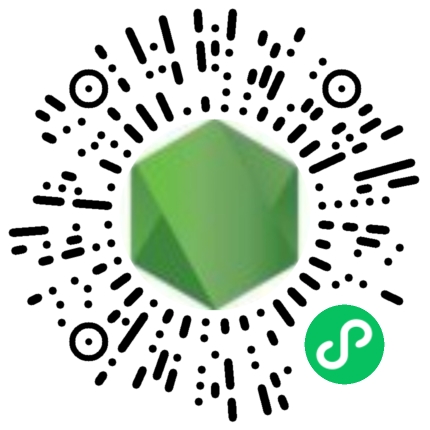对象工厂
插件可以从 C++ 函数中创建和返回新对象,如下例所示。
创建并返回带有属性 msg 的对象,该属性与传给 createObject() 的字符串相呼应:
// addon.cc
#include <node.h>
namespace demo {
using v8::Context;
using v8::FunctionCallbackInfo;
using v8::Isolate;
using v8::Local;
using v8::NewStringType;
using v8::Object;
using v8::String;
using v8::Value;
void CreateObject(const FunctionCallbackInfo<Value>& args) {
Isolate* isolate = args.GetIsolate();
Local<Context> context = isolate->GetCurrentContext();
Local<Object> obj = Object::New(isolate);
obj->Set(context,
String::NewFromUtf8(isolate,
"msg",
NewStringType::kNormal).ToLocalChecked(),
args[0]->ToString(context).ToLocalChecked())
.FromJust();
args.GetReturnValue().Set(obj);
}
void Init(Local<Object> exports, Local<Object> module) {
NODE_SET_METHOD(module, "exports", CreateObject);
}
NODE_MODULE(NODE_GYP_MODULE_NAME, Init)
} // namespace demo在 JavaScript 中测试它:
// test.js
const addon = require('./build/Release/addon');
const obj1 = addon('hello');
const obj2 = addon('world');
console.log(obj1.msg, obj2.msg);
// 打印: 'hello world'Addons can create and return new objects from within a C++ function as
illustrated in the following example. An object is created and returned with a
property msg that echoes the string passed to createObject():
// addon.cc
#include <node.h>
namespace demo {
using v8::Context;
using v8::FunctionCallbackInfo;
using v8::Isolate;
using v8::Local;
using v8::NewStringType;
using v8::Object;
using v8::String;
using v8::Value;
void CreateObject(const FunctionCallbackInfo<Value>& args) {
Isolate* isolate = args.GetIsolate();
Local<Context> context = isolate->GetCurrentContext();
Local<Object> obj = Object::New(isolate);
obj->Set(context,
String::NewFromUtf8(isolate,
"msg",
NewStringType::kNormal).ToLocalChecked(),
args[0]->ToString(context).ToLocalChecked())
.FromJust();
args.GetReturnValue().Set(obj);
}
void Init(Local<Object> exports, Local<Object> module) {
NODE_SET_METHOD(module, "exports", CreateObject);
}
NODE_MODULE(NODE_GYP_MODULE_NAME, Init)
} // namespace demoTo test it in JavaScript:
// test.js
const addon = require('./build/Release/addon');
const obj1 = addon('hello');
const obj2 = addon('world');
console.log(obj1.msg, obj2.msg);
// Prints: 'hello world'